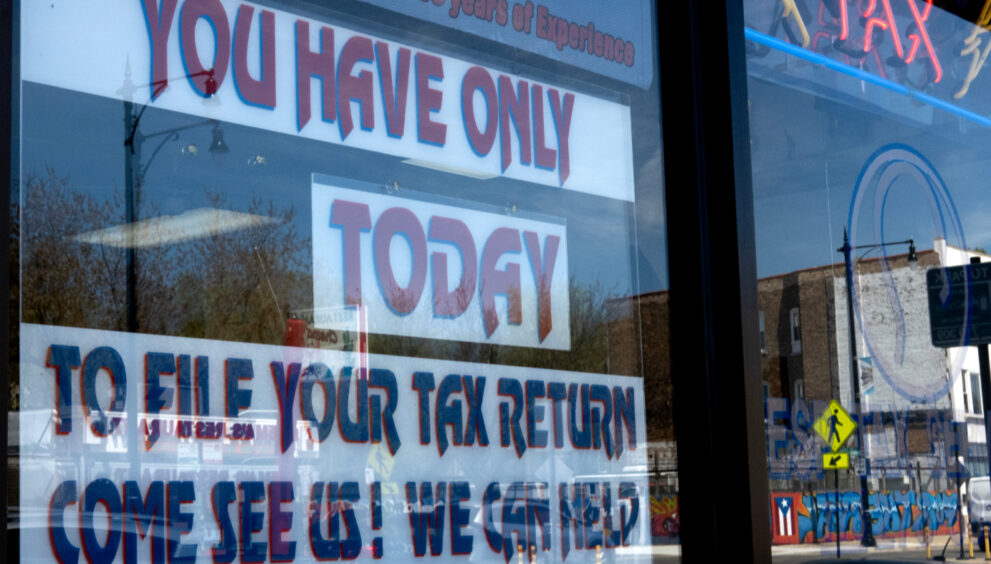Enhancing IRS Oversight of Anonymous Tax Return Preparers

Take into account the case of Roger Ramirez, a tax return preparer who, over a span of three years, managed the tax returns of more than a thousand taxpayers, which included significantly exaggerated or entirely fabricated charitable donations and employee business expenses that were never reimbursed.
Although Ramirez was eventually apprehended and prohibited from further practice, his situation and the exploitation of taxpayers are sadly common occurrences during every tax season.
Thousands of tax return preparers bend the tax filing process rules, siphoning revenue from the Treasury and shaking taxpayers’ trust in the system. The actions of Ramirez and other like-minded tax return preparers represent a blight on the tax system that Congress should promptly tackle.
Digging deeper, individual taxpayers submit upwards of 150 million tax returns annually. Due to the complexities of the tax code, taxpayers frequently seek guidance from professionals. While most are knowledgeable and ethical, there is a minority that lacks these qualities.
The statistics paint a clearer picture – on one hand, there are around 300,000 tax return preparers regulated by professional associations or the Treasury Department. On the other hand, there are an estimated 400,000 unregulated tax return preparers.
In terms of tax return preparation, many taxpayers often reach out to unregulated preparers for their services primarily because of the lower costs. Additionally, some taxpayers facing financial constraints are enticed by promises made by dishonest preparers about substantial tax refunds.
Unaware of the deception or choosing to ignore the signs, these taxpayers become victims of unscrupulous tax return preparers.
Congress has not been oblivious to this issue and has implemented various measures to address errant preparer behavior. For instance, penalties are imposed on individuals who advocate questionable reporting positions.
While these actions have shown some success, stories akin to Ramirez’s continue to emerge.
Starting in 2011, to combat such behavior, the Treasury Department mandated that all paid tax return preparers obtain a Personal Tax Identification Number (PTIN) and use it on the returns they prepare.
The PTIN mandate aimed to put the Treasury in a better position to identify wayward preparers. Despite this, some dishonest preparers avoid detection by purposely omitting their PTIN on client returns, earning the label “ghost preparers.”
A straightforward way for Congress to deter ghost preparers is to criminalize the actions of preparers who repeatedly fail to use their PTIN on returns, rather than sticking to civil penalties.
Although this approach may seem harsh, considering the risk posed to the most vulnerable taxpayers and the substantial tax gap and national debt, stern measures are necessary to ensure tax compliance.
While the suggested reform may not resolve all financial issues, making non-PTIN use by tax preparers a criminal offense would have numerous positive effects, foremost among them being the protection of taxpayers and the safeguarding of the nation’s finances.






















































































































































































































































































































































































































































































































































































































































































































































































































































































































































































































































































































































































































































































































































































































































































































































































































































































































































































































































































































































































































































































































































































































































































































































































































































































































































































































































































































































